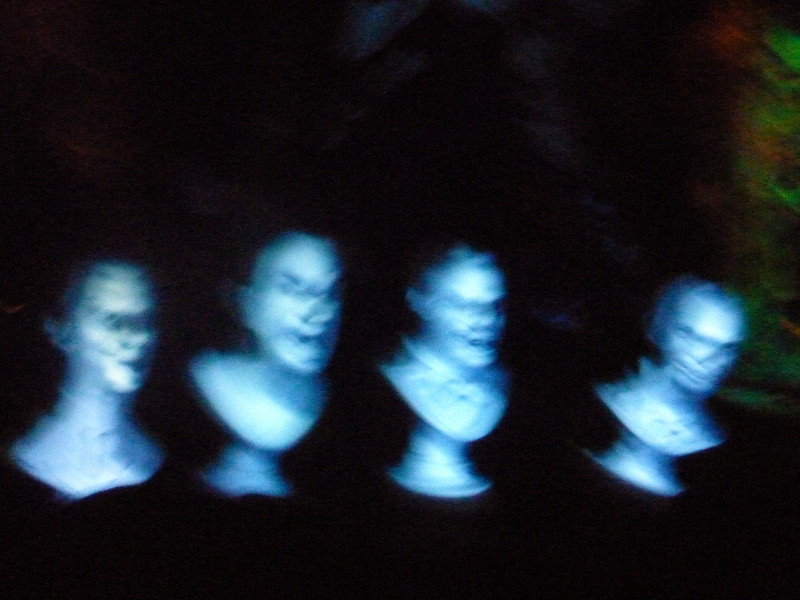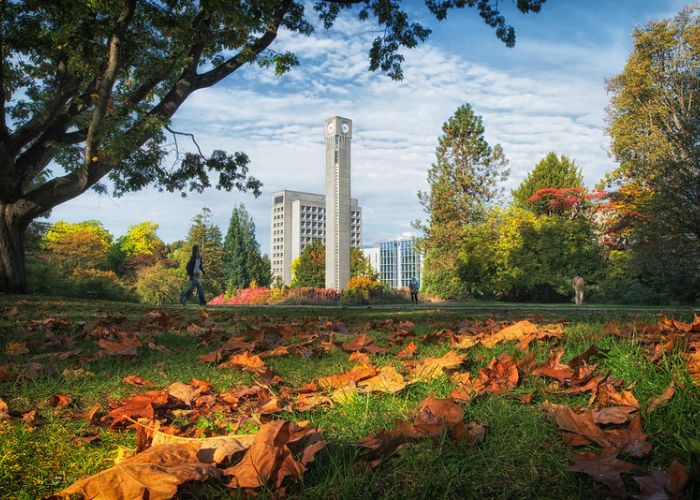

The Department of Central, Eastern and Northern European Studies (CENES) is thrilled to host an exciting array of courses in Winter 2022-23. Among these is CENS 201 001: Contrasts and Conflicts: The Cultures of Central, Eastern and Northern Europe (in English), taught by Dr. Florian Gassner, a three-credit course that explores the conflictual cultural history of Central and Eastern Europe from the eighteenth century to the present.
CENES: What is the main focus of the course?
Florian Gassner: This course explores the cultural history of the Black Sea region, with a focus on how this history informs the articulation of national and cultural identities in the area. We will discuss literary texts and films from the areas of present-day Ukraine, Russia, Georgia, Azerbaijan, Bulgaria and Bosnia.
CENES: What are the particular highlights?
FG: This course was designed to explain the dynamics informing Eastern Europe’s so-called “frozen conflicts” which – as specialists have been pointing out for many years – were never really “frozen” at all. We can see this most prominently in Russia’s ongoing invasion of Ukraine, but also in the recent war in Nagorno-Karabakh.
CENES: What gave you the idea to design this course?
FG: I used to live and work in the area – first in Romania, then in Ukraine – and I am passionate about sharing my experiences.
CENES: What part of the course do you look forward to most?
FG: A significant portion of Canada’s population hails from this part of the world, and it is always wonderful to have these voices represented in our classroom.
CENES: Have you recently updated the material, and why?
FG: I always adapt the course discussion to the current political situation. Last year we spent additional time talking about the war in Nagorno-Karabakh, and this year we will spend a lot of time grappling with the cultural history informing Russia’s attack on Ukraine.


